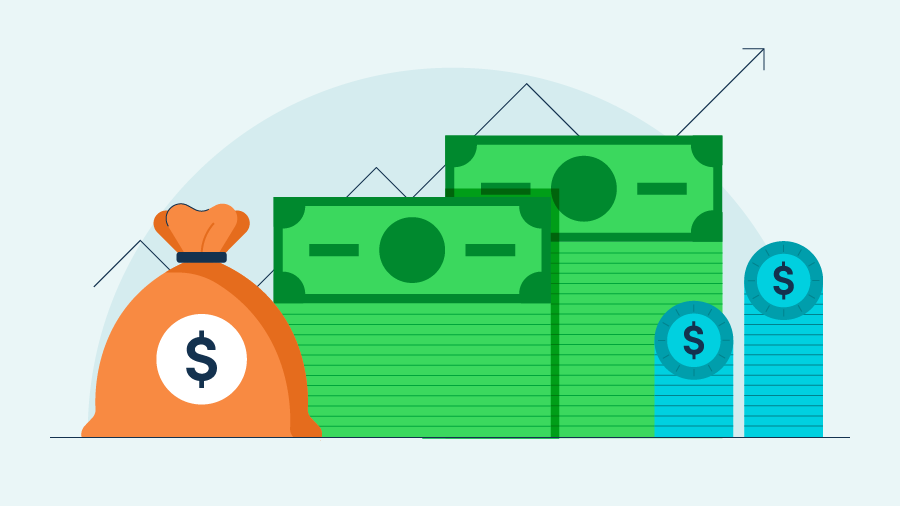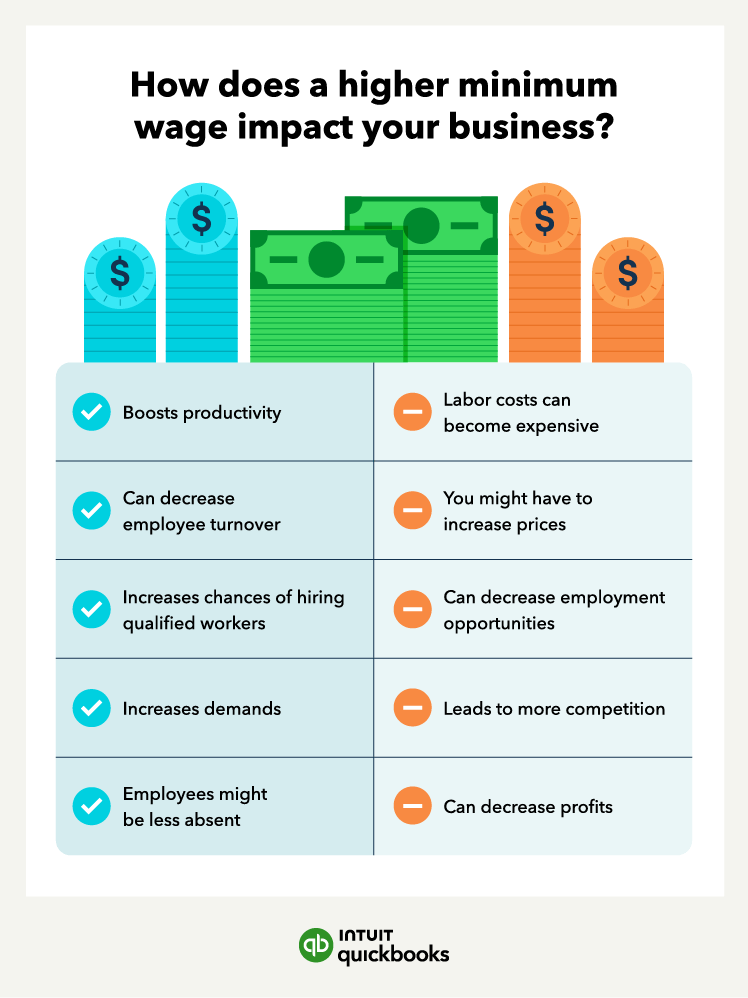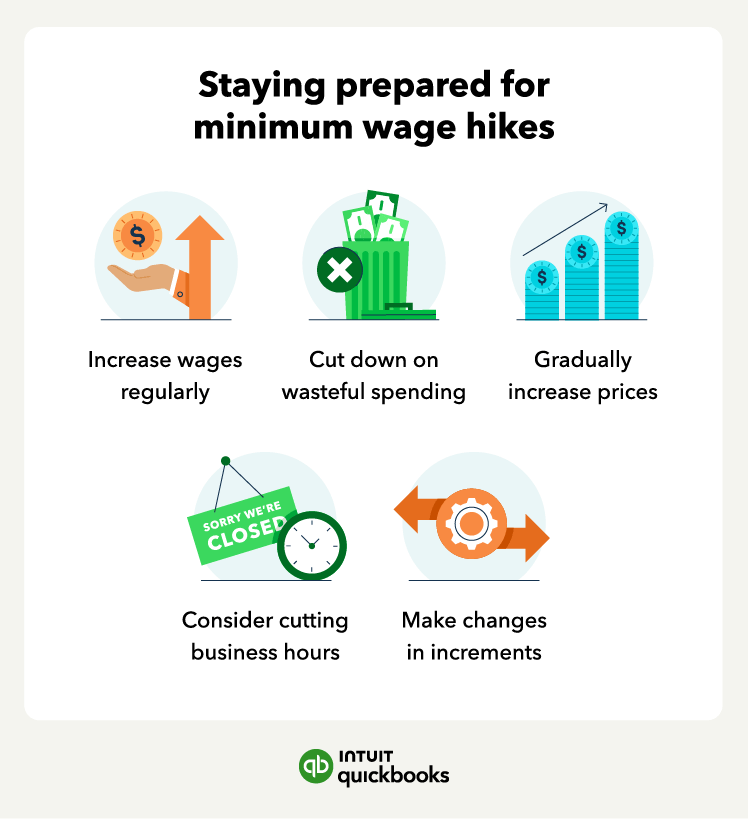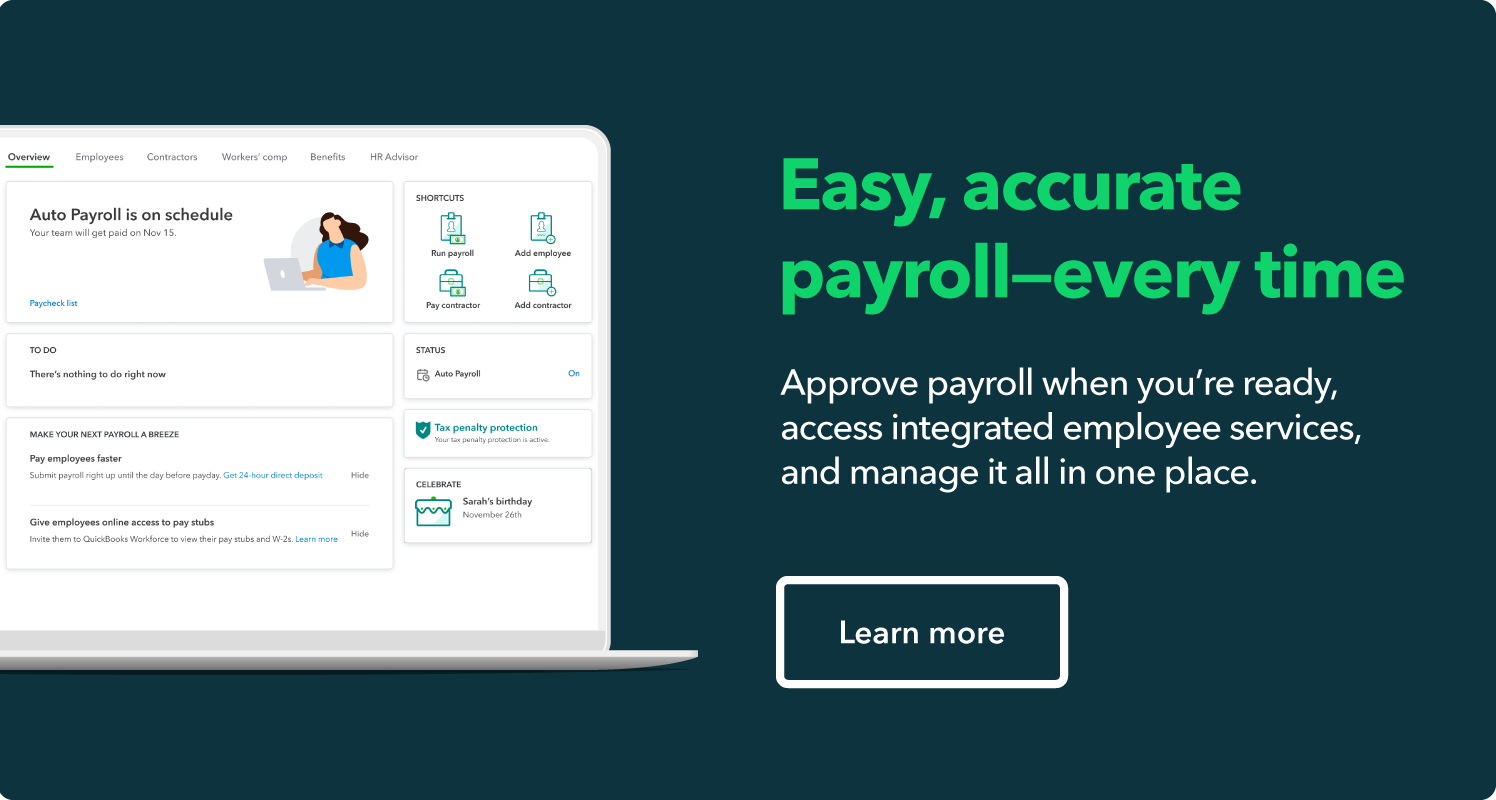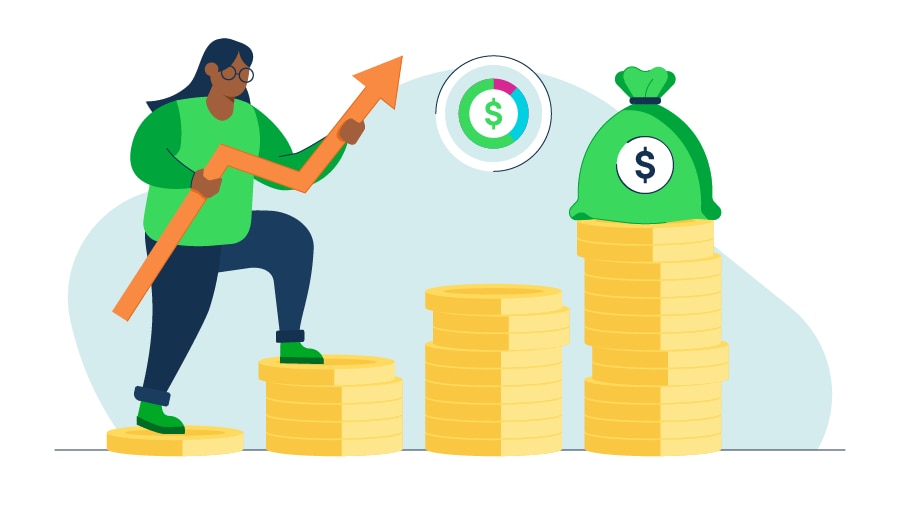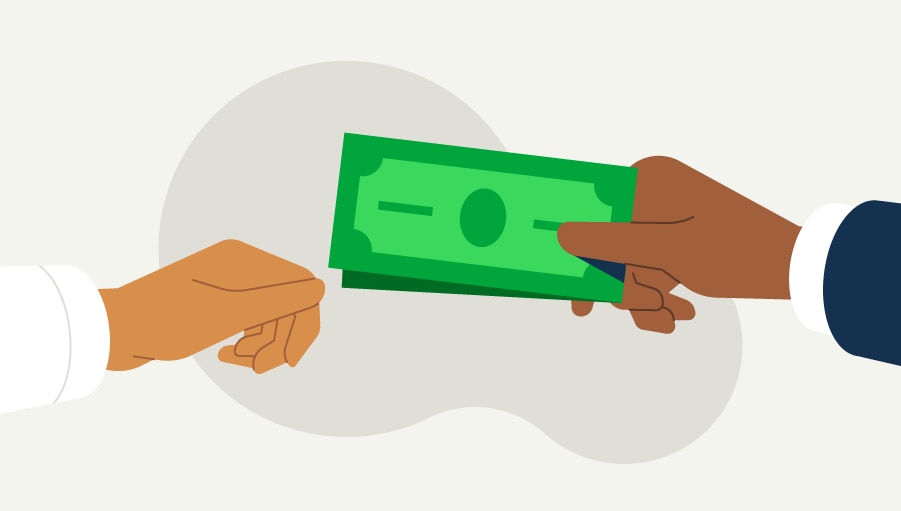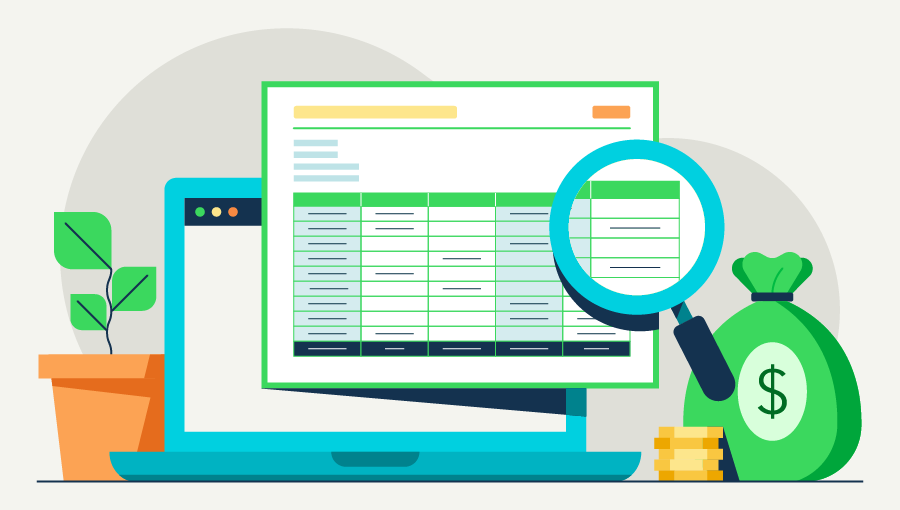Keeping up with economic changes that affect your small business can be difficult, especially when it directly impacts your operating costs. But with ongoing talks of raising the minimum wage, which is the minimum amount employers have to pay employees in the United States per hour, you might wonder how it'll affect your business.
As a small business owner, you likely want to maximize your profits while keeping your employees happy and productive with a competitive salary. But with inflation and minimum wage increases, you might not know how to benefit both sides.
In this article, we'll go over the impact of small business minimum wage hikes, including expert guidance on paying your employees a livable wage while keeping your business profits in check.
Why there’s a push for higher minimum wage: 6 economic impacts
When inflation rises, it often leads to a push for a higher minimum wage so workers can afford housing and basic needs. But even with the cost of living going up, the federal minimum wage has been $7.25 per hour since 2009, according to the US Department of Labor, which has led many workers and labor activists to fight for a $15 minimum wage.
To gradually increase the minimum wage to $15 an hour in every state by 2025, in 2021, the government reintroduced the Raise the Wage Act—which was first introduced in 2017 and not passed. Some states have started to adopt a $15 minimum wage, including California and Massachusetts. However, with inflation hitting a record high of 9.1% in 2022, states including New York, California, and Massachusetts are now pushing for a $20 minimum wage, according to AP news.
Raising the minimum wage comes with some big economic impacts, including:
- Increase in consumer spending: As workers get paid more, their purchasing power increases, which allows consumers to spend more money, helping to boost the economy.
- Increase in demand for goods and services: With the increase in consumer spending, a higher demand for goods and services boosts the economy.
- Potential impact on employment rates: With higher wages, jobs become more attractive and can boost employment rates for workers looking for a better salary. However, some businesses might hire fewer people due to increased operating expenses.
- Lower poverty rates: Workers can afford basic needs, and families can have a higher income, leading to a stronger economy and lower poverty rates.
- Increase in labor market competition: Overqualified workers might also go after minimum wage positions when the wage is higher, leading to more competition and less experienced workers not having job opportunities.
- Potential lower taxes: With a better standard of living, workers can rely less on government programs, leading to lower long-term taxes.
Nevertheless, according to the Congressional Budget Office, the impacts of a higher minimum wage are uncertain, as it will depend on how fast the government implements changes and how receptive and capable businesses are to paying a higher wage.








